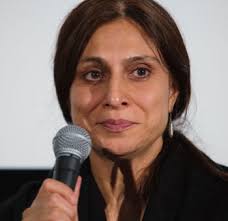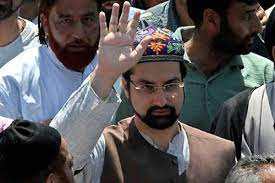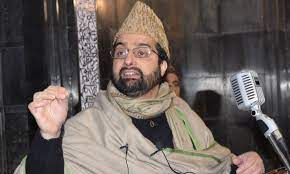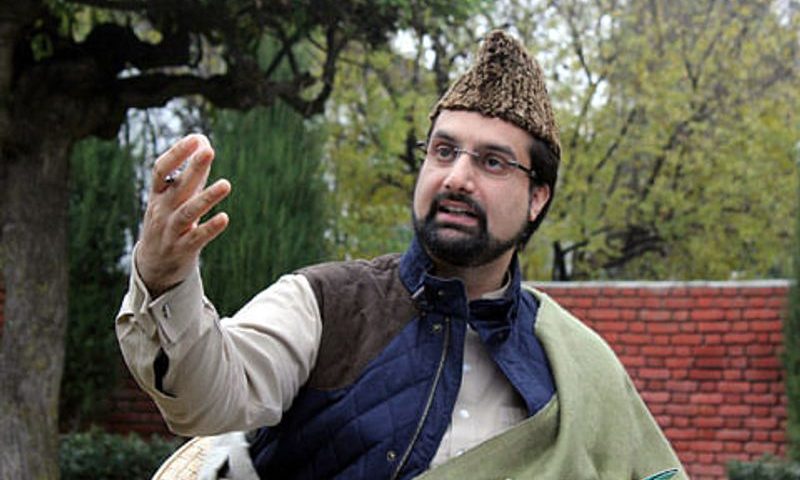Kashmiri filmmaker Iffat Fatima’s ‘Khoon Diy Baarav’ was screened at Lamakaan recently. The movie documents personal narratives and reminiscences of the issue of enforced disappearances in the valley
 The Kashmiri film ‘Khoon Diy Baarav’ (Blood leaves its trails) made over a period of nine years by filmmaker Iffat Fatima enters the vexed political scenario in Kashmir through the lives of families of the victims of enforced disappearance.
The Kashmiri film ‘Khoon Diy Baarav’ (Blood leaves its trails) made over a period of nine years by filmmaker Iffat Fatima enters the vexed political scenario in Kashmir through the lives of families of the victims of enforced disappearance.
The movie explores memory as a mode of resistance, constantly confronting reality and morphing from the personal to the political, the individual to the collective.
Struggling to find new ways of expression – storytelling, art, symbol and ritual sometimes spilling out on to the streets, it looks at the ways in which those affected by violence have no choice but to remember.
The chain of memory, often non-linear, is both their defense as well as their act against powerful instruments of the state that try to erase individuality.
The conflict in Kashmir is among the long standing political conflicts in the world. It has taken a heavy toll on lives, on sanity and on the idea of normality, while turning the local population, recipients of several decades of unrelenting violence, defiant and angry.
The film is a non-sequential account of personal narratives and reminiscences ruptured by violence, undermined by erasure and over-ridden by official documents that challenge the truth. The film appeals for a political resolution to the Kashmir issue, which has now affected five generations in the region.
Kashmiri born Iffat Fatima is an independent filmmaker, who is now based in Delhi. She started making her documentary from 1990, soon after her Masters in Mass Communication at Jamia Millia Islamia in New Delhi. Her documentary ‘The Kesar Saga’ (2000) focusses on the memory and violence in Sri Lanka.
Her recent work completed in 2014, is a compendium on the writings of Khwaja Ahmed Abbas, one of India’s foremost filmmakers and writers of the 1960’s. In 2004, Iffat completed a Brandeis International Fellowship Program, recasting reconciliation through culture and arts at the Brandeis University, Boston.
Since 2006, Iffat has been working on Kashmir and the issues of enforced disappearances in collaboration with the Association of Parents of Disappeared Persons (APDP), a collective of the family members of the victims of enforced disappearances in Kashmir, campaigning for information on the whereabouts of their disappeared kin.






